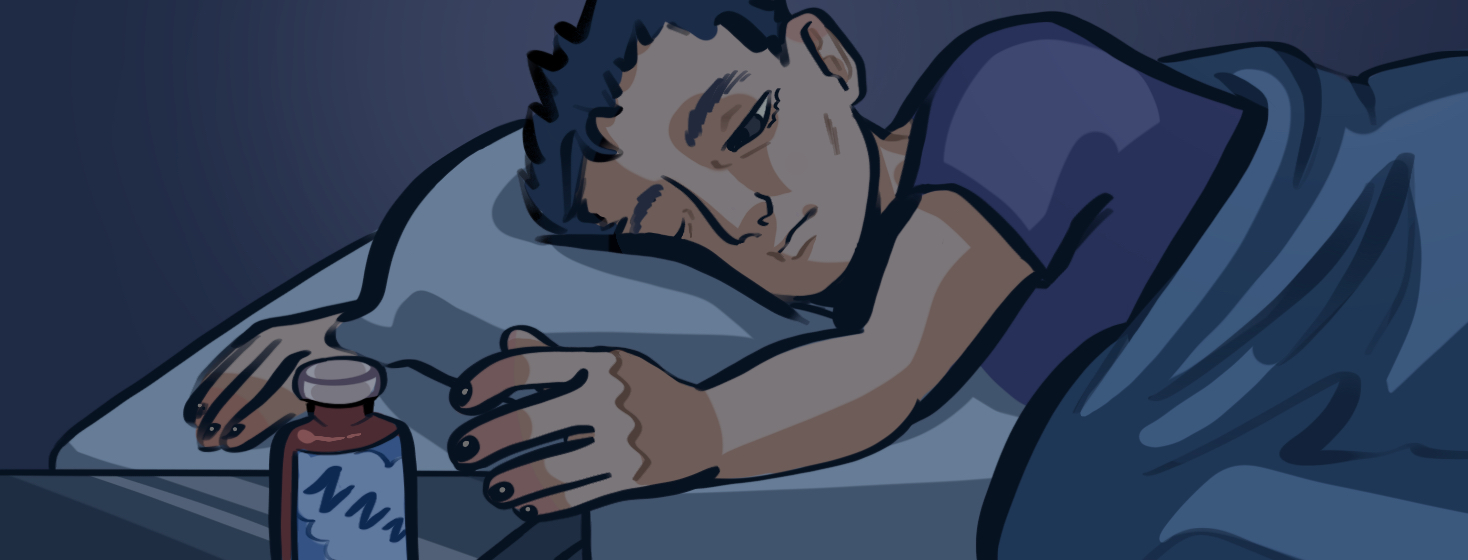Sleeping on the Facts: Why Melatonin May Not Be the Cure for Insomnia
Sometimes, getting a good night of sleep can feel like an impossible dream. The thought of lying awake in bed all night can be emotionally draining. Whether it's due to stress, anxiety, or a busy schedule, the idea can be more exhausting than the lack of sleep itself!
That's where some think that melatonin comes in. Having a simple, natural solution to sleep troubles can feel like a lifeline, a beacon of light in the darkness of their insomnia. Let's take a look at melatonin facts for insomnia.
Review shows melatonin is an ineffective treatment
The emotional appeal of melatonin is undeniable for those seeking a better night's sleep. But a large systematic review showed that melatonin was ineffective in the treatment of insomnia.1
Melatonin facts for insomnia
Melatonin is a versatile hormone used in many bodily processes. It plays a crucial role in triggering sleep when the light fades at the end of the day.2-4
Also, melatonin plays a part in the onset of the sleep cascade that begins several hours before sleep.4
People who are frustrated with their sleep may resort to melatonin as a "natural" alternative to medications. Others believe they are deficient in melatonin and so take supplements with the idea of "topping up."
Melatonin is a treatment for jet lag and circadian rhythm disorders.4
In circadian rhythm disorders, melatonin onset timing can be disrupted. Treatment can help with this. Melatonin can also be deficient in some with certain health conditions.5,6
Effective solutions for insomnia
Psychotherapeutic and behavioral approaches have the strongest evidence for helping insomnia. This suggests that insomnia is rarely caused by a melatonin deficiency. Guidelines for treating insomnia advocate for the use of cognitive behavioral therapy for insomnia (CBTi). They also advise against the use of melatonin for typical insomnia because of a lack of evidence that it works.7
Additionally, melatonin safety has only been studied for short-term use. And melatonin can interact with medications.8
Just because something is "natural" doesn't mean it is safe. In fact, there are very few countries where melatonin is available over the counter. Usually, it is available by prescription only.
The debate over curing insomnia
There are many people who claim that melatonin has cured their insomnia. Probably just as many say it doesn't work for them. It is important to bear in mind a few things when linking melatonin to sleep.
It may be that the sleep that some people get after taking melatonin is a result of lowered anxiety. When people aren't worried about their sleep – especially when they haven't been sleeping well – sleep is more likely to happen. That's not to dismiss this experience! People will take sleep when they can get it. But it does not necessarily mean that the melatonin is creating sleep.
Study results may represent the most common and significant set of experiences. But there will always be people who, for whatever reasons, respond differently than most.
Even though melatonin is "natural," always check with your doctor before adding to or changing your treatments or healthcare.
Are you someone who has slept well after taking melatonin? Or has it had no effect?

Join the conversation